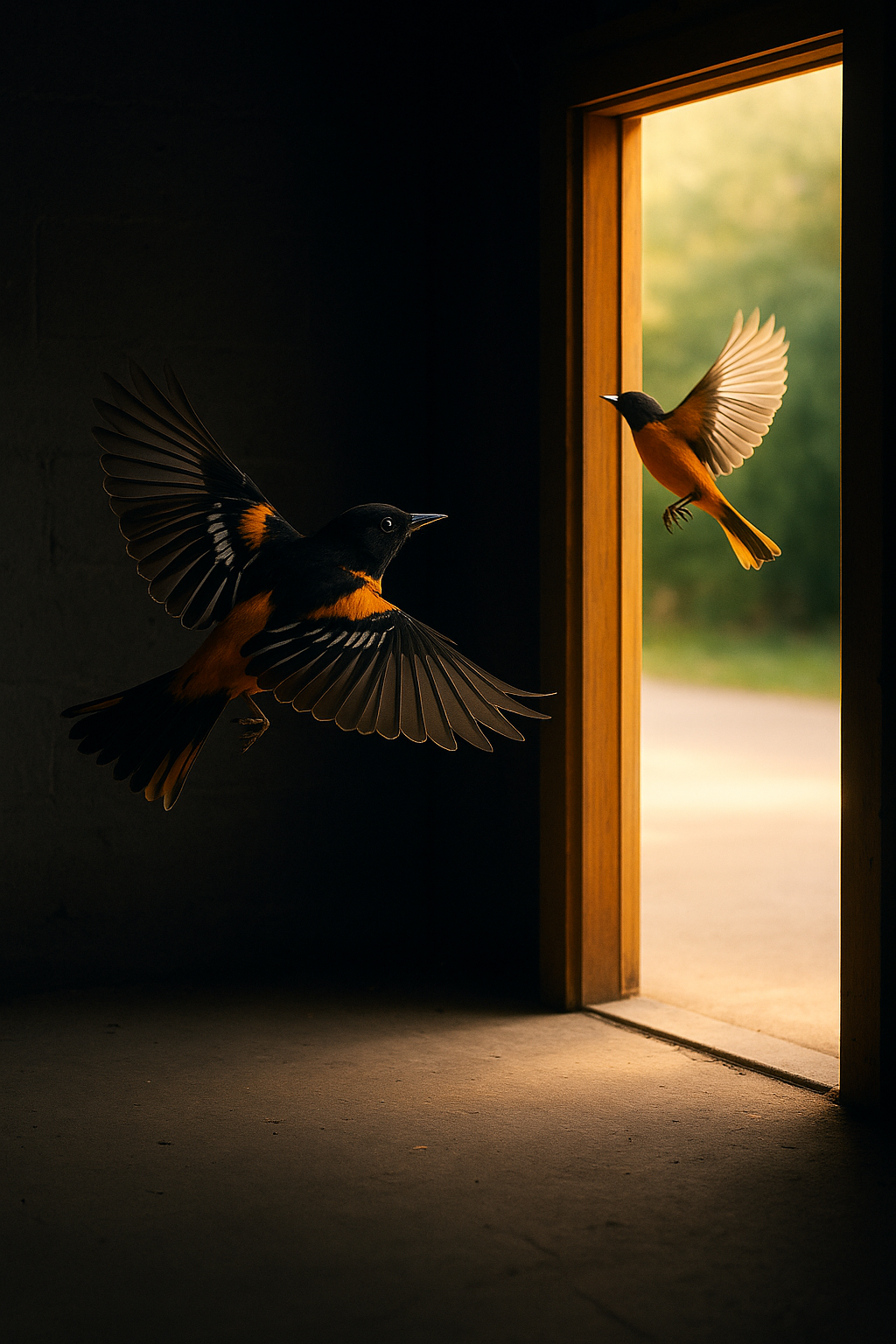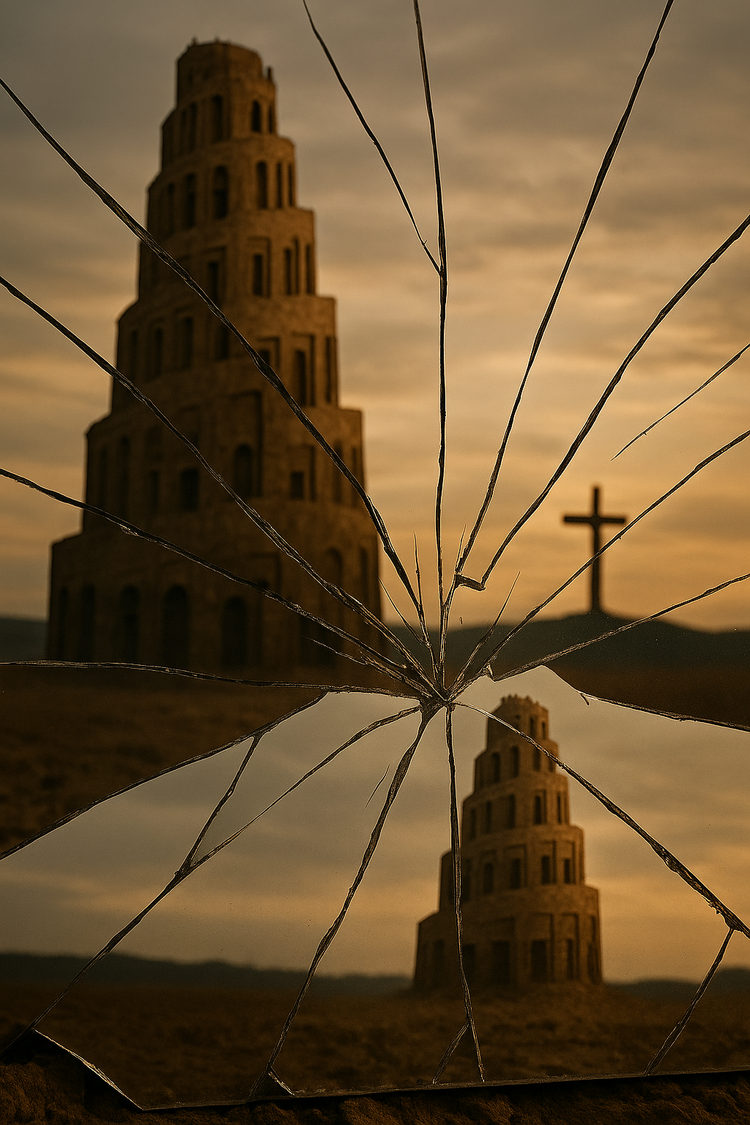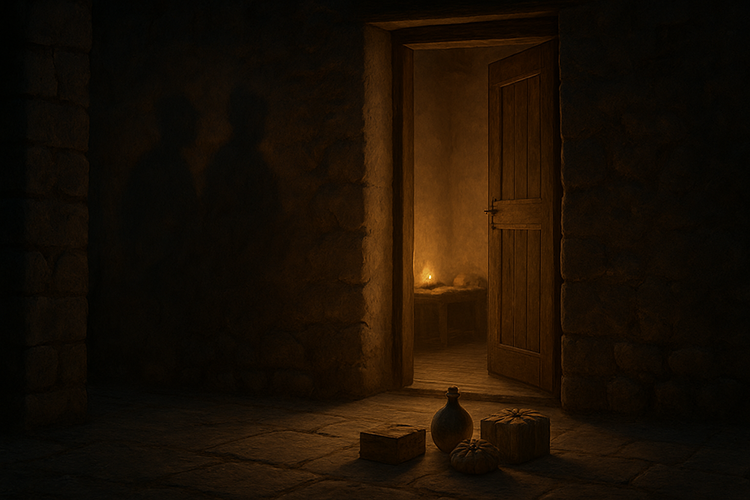The Flight You Choose

Not every prison has bars. Not every escape requires a key. Sometimes, the only thing that needs to change… is you.
It was late spring when the metaphor flew into my garage. Literally.
The door was wide open as I worked, letting in the fresh air and the buzz of the season, but it also let in two Baltimore orioles who, in a flash of unintentional curiosity or disoriented momentum, found themselves somewhere they didn’t want to be.
Both birds perched briefly on a shelf, just feet away from freedom. The open door still yawned behind them, sunlight pouring through it. And then they made their choices.
One took flight and left; swift, sure, gone.
The other panicked. It launched into the ceiling, then the wall, ricocheting with growing desperation until it spiraled deeper into the garage. The more it flailed, the farther it got from the exit it had already seen. Eventually, I had to step in—gently herding it, moment by moment, back to the threshold it once ignored.
And as I watched it finally flee, I realized I’d just seen a story about us.
How often do we find ourselves in a situation we didn’t choose—unexpected, confusing, or claustrophobic? Life shifts. A relationship collapses. A dream derails. And suddenly, like that oriole, we’re perched at the edge of a choice.
Some of us, those rare, grounded few—pause. They sense the direction of openness. They act with presence, not panic. And they find their way back to the sky.
But many of us flail. We forget the door is still open. We crash against walls, ceilings, people. We react from fear instead of intention—and the more we panic, the deeper into the maze we go.
Self-awareness is the key difference.
That first bird didn’t have superior vision. It simply recognized the moment for what it was.
The second bird? It got lost in the chaos of its own response.
So many of our personal entrapments are like that. The trap isn’t always the situation, it’s the reaction.
And sometimes, yes, we need help. We need someone who can see the door when we can’t. Someone to guide us back.
But what if we didn’t wait?
What if we taught ourselves to pause, to breathe, to sense where the air still flows?
What if, instead of reacting blindly, we trained ourselves to perceive the open spaces, and fly through them?
The garage was never locked. But panic made it a prison.
Next time you feel trapped…
before you flinch,
before you fight,
before you flee the wrong way—
Look around.
The door might still be open.
If the walls feel close, pause. Look again. The exit might not be as far as you think.
And next time the panic rises, ask yourself: Am I reacting… or recognizing?



